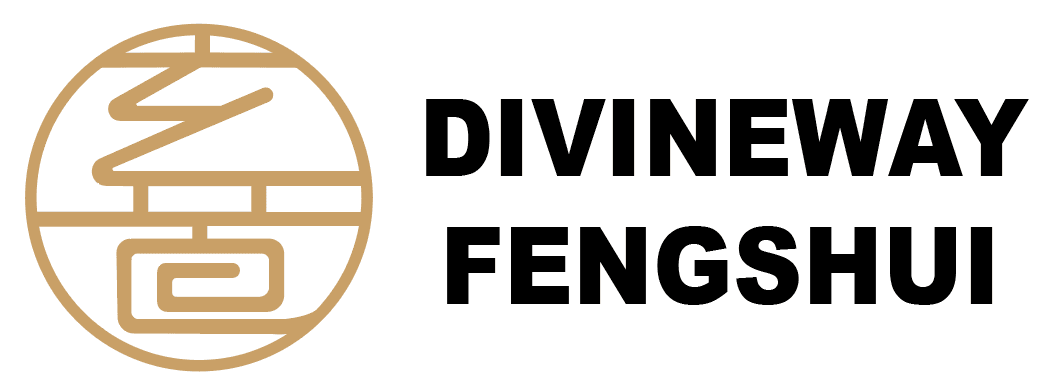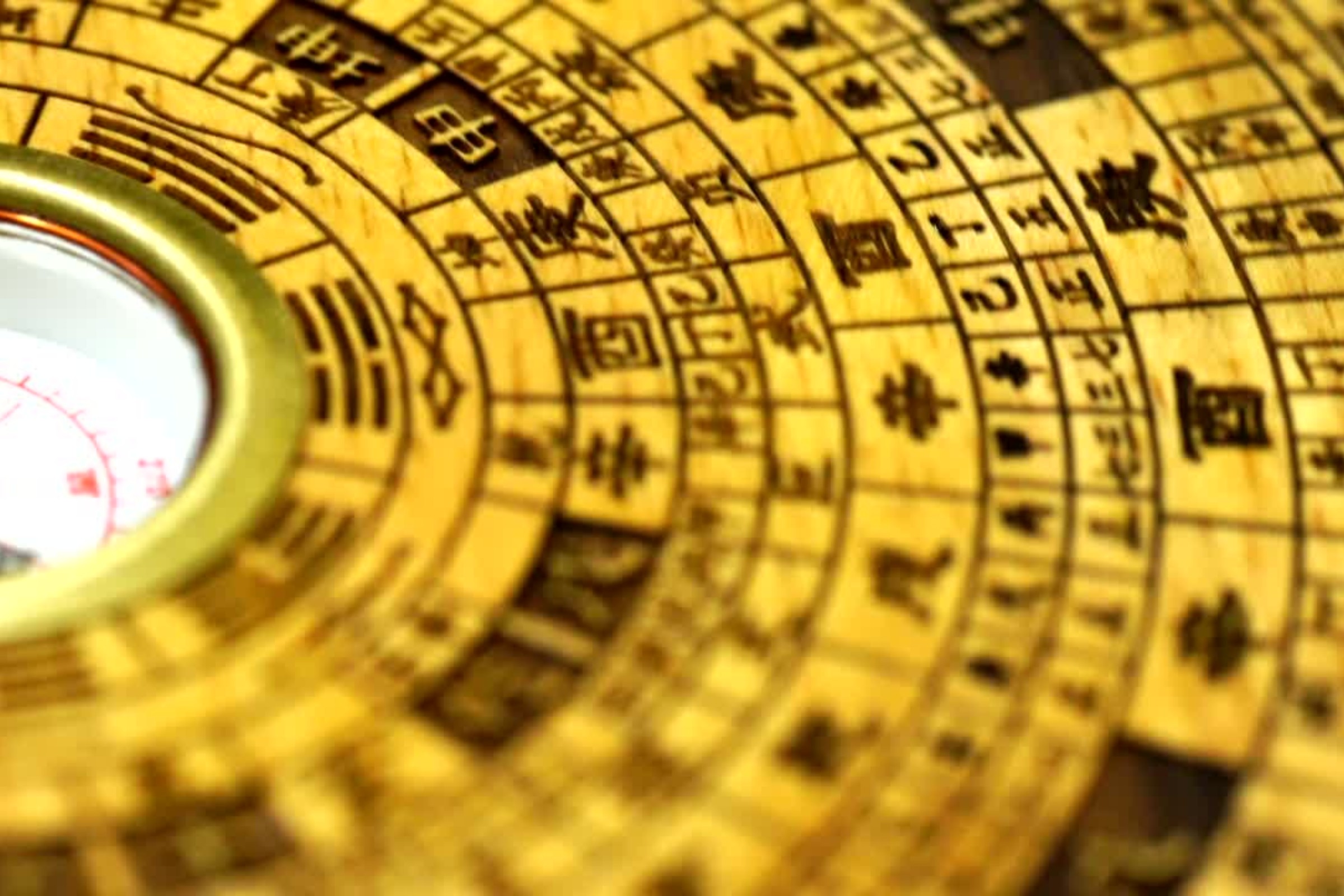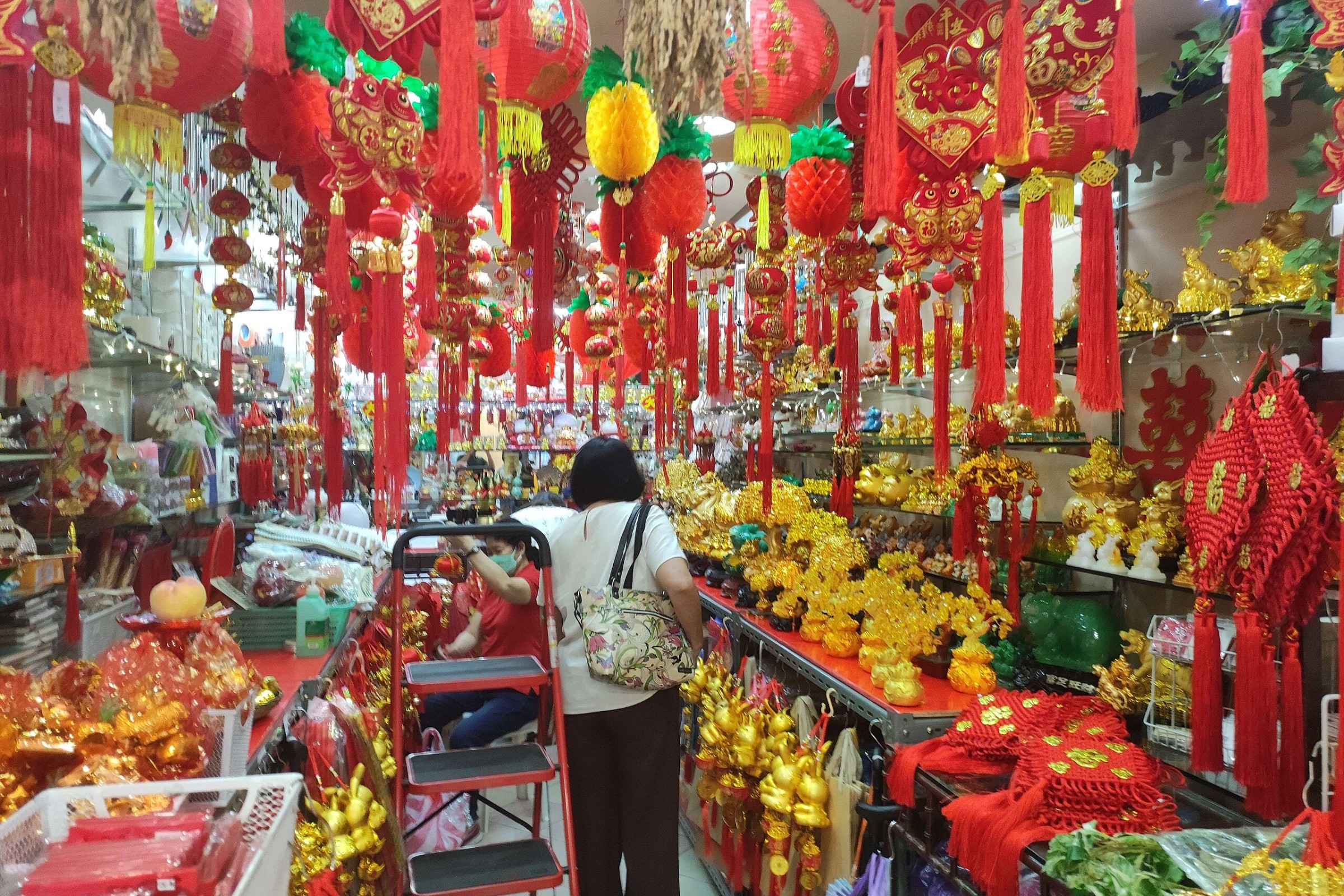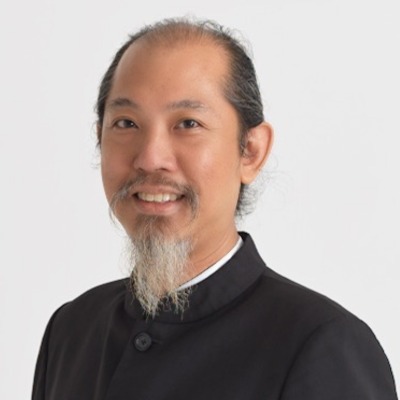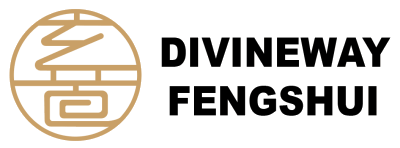Thinking of hiring a feng shui consultant in Singapore?
Before you welcome one into your home or office, it’s worth doing your homework. A skilled master can help bring balance, harmony and even prosperity into your space—but not all consultants are created equal.
Feng shui is a largely unregulated field, and as one expert puts it, “almost anyone can claim to be a feng shui ‘consultant’ or even ‘master’” after just a short course. That’s why it’s so important to know what to look for. In a city as diverse as Singapore, where demand for feng shui services is high, you’ll want to be sure you’re working with someone who’s properly trained, genuinely experienced, and ethically sound.
In this article, we’ll walk you through five essential qualities to look for in a reputable feng shui master—so you can make a confident, informed choice.
1. Qualifications and Credentials
Formal Training and Certification
A credible feng shui master should have solid formal training. In practice, this means having certificates or qualifications from reputable Feng Shui schools or masters.
As one Feng Shui guide explains, “credentials are evidence of authority on the subject matter”, so academic qualifications or professional certifications can give you confidence that the consultant really knows what they are doing. In Singapore, many serious practitioners study classical methods under established teachers or complete comprehensive courses.
If a consultant cannot clearly describe their training or throws around vague terms, that’s a red flag. Conversely, someone who presents diplomas, certificates of completion or lists known mentors demonstrates a foundation of structured learning and commitment.
In short, feng shui masters view a well-arranged space as one where qi can circulate freely, yin and yang are balanced, and the five elements are represented. This approach is meant to help people feel calm and supported by their environment.
Professional Membership and Accreditation
Beyond initial training, membership in professional bodies adds credibility. Reputable masters often belong to recognised Feng Shui associations or hold formal accreditations.
For example, the Singapore-based IFSA (International Feng Shui Association) and the International Feng Shui Guild set entry standards and ethical guidelines for members. Indeed, one source notes that masters are often “members of professional organisations or have received accreditation from reputable institutions”, which is a strong mark of credibility.
Membership shows the consultant is accountable to a code of conduct and continuing-education requirements. In contrast, a self-styled consultant with no affiliations may not be held to any quality standard.
In summary, look for evidence of official credentials: certificates, accredited diplomas, or membership badges on the consultant’s website, and feel free to verify them with the issuing organisation.
2. Experience and Track Record
Years of Practice
Real expertise in feng shui comes with years of practice. Ask how long the master has been practising and whether Feng Shui is their full-time profession. A long track record suggests they’ve encountered many real-world situations and refined their skills. As one Feng Shui author points out, “there’s a gargantuan difference between studying Feng Shui and actually practicing and consulting Feng Shui with the public”.
In other words, someone who has only read books or taken a few workshops is not the same as a consultant with years of client experience. Singapore has many part-time hobbyists (for example, designers or architects who also offer Feng Shui), so it’s important to find out whether the person devotes sufficient time to this work.
A veteran master should be able to describe years of projects in different types of homes or businesses, indicating broad exposure.
Client Testimonials and Proven Results
Alongside years, look for evidence of actual results. A reputable master will gladly share testimonials, case studies or references from past clients.
In fact, one expert notes that a truly successful master can “share testimonials and examples of how their advice has benefited others”. Ask to speak with previous clients or read written reviews – for instance, clients may report improvements in health, career or harmony after the consultation.
One practical tip is to literally “ask them for references and then check them”. Hearing directly from others helps verify the consultant’s claims. Beware of vague success stories without details.
If a master claims great results but can’t substantiate them with actual stories or contacts, take it as a warning. Trustworthy consultants will provide concrete examples of positive outcomes, showing that their guidance produced real change.
3. Expertise and Methodology
Depth of Knowledge (Chinese Metaphysics)
In dense urban environments like the one shown above, a feng shui master applies classical knowledge to analyse building orientation and layout. A genuinely skilled consultant is “deeply knowledgeable in Chinese Metaphysics” and understands how ancient principles apply to real-life spaces.
This means a master doesn’t just shuffle furniture randomly, but can explain how energy (qi) flows through a home or office based on traditional concepts. They should be able to draw on the Five Arts of Chinese Metaphysics (Destiny, Divination, Physiognomy, Medicine and Landscape) to interpret a situation. In practice, this might involve calculating wealth sectors with Flying Stars, or tailoring advice based on the occupants’ birthdates. The key test is that their recommendations feel rooted in tried-and-true Feng Shui theory, not just trendy tips.
In Singapore’s varied housing (from HDB flats to skyscraper condos), a well-rounded master will adapt core principles to each context. For example, they might consider how the high-rise layout (as pictured) and surrounding environment influence the energy of a space, using precise methods rather than guesswork.
Specialisations and Approach
Feng Shui covers many specialties, so ensure the master’s expertise matches your needs. Some consultants focus on residential homes, others on commercial offices or even spiritual life readings (Bazi).
It’s wise to ask what kinds of projects they normally handle. For instance, business owners often seek masters experienced in commercial feng shui – one guide notes that for offices the “goal is definitely a business goal,” so a consultant with knowledge of commerce and business will be more effective. In other words, an expert who has worked with companies may be better at identifying layout or design changes that support a firm’s financial success.
Also clarify which Feng Shui school or method they practice (such as Flying Stars, Eight Mansions, Classical, or more modern “intuitive” approaches). A telling clue is who their teacher was: as one Feng Shui adviser says, disclosing your master’s name “offers a very telling indication of what lineage or school the consultant comes from”.
This helps you know whether their methods align with tradition or a modern twist. In summary, match the consultant’s specialisation (residential vs commercial, or classical vs modern methods) to your situation.
4. Communication and Client Service
Clear Explanation and Personalisation
A top-quality feng shui master should communicate clearly and make advice relevant to you. Feng Shui concepts can be abstract, so the consultant must be able to explain them in plain English. As one source advises, a good master “must be able to communicate clearly and effectively, providing explanations in simple terms”.
They should tailor their recommendations to your personal goals (for example, your family’s needs or your career aspirations) rather than giving generic tips. During the consultation, observe whether they listen to your concerns and ask questions – this indicates they are trying to understand your unique situation.
By the end, their advice should feel customised. If you feel confused by jargon or that the suggestions don’t relate to your problem, the consultant may not be explaining things well. Clear, empathetic communication builds trust and ensures you can implement their suggestions correctly.
5. Professionalism and Ethics
Integrity and Ethical Standards
Honesty is non-negotiable. A genuine feng shui master will prioritise your best interests and steer clear of hype. As one guide states, a reputable practitioner “adheres to ethical practices, ensuring their advice is always given in the best interest of the client”, and will “not make exaggerated claims”.
They will not scare you with doomsday predictions to sell remedies, nor promise miracles (like instant wealth) that sound too good to be true. If they claim absolute guarantees or push you to buy lucky charms at high prices, take warning.
Moreover, many professional bodies encourage a formal Code of Ethics – for example, IFSA members must follow ethical guidelines and maintain professional liability insurance. You can ask whether the consultant follows any such standards.
Ultimately, their conduct during the consultation should feel respectful and sincere. Any sign of unnecessary fear-mongering, secrecy about methods, or hidden agendas suggests they lack integrity.
Professional Standards and Reliability
Reliability is also crucial. A professional consultant communicates clearly about services and fees, and honours appointments. For example, Feng Shui consultations are essentially time-based services (site visits, calculations, report writing), so they should not be billed by the hour like a casual errand.
If a master’s fee is unusually low, that may indicate they plan to cut corners (like skipping an important site visit or report). A trustworthy consultant will outline exactly what your fee covers – number of visits, type of report, follow-up support, etc. Inquire for a written agreement or quotation detailing these deliverables. Also observe their punctuality and courtesy.
Do they arrive on time for your meeting? Do they treat your home and belongings respectfully? Do they respond promptly to your inquiries?
Professional conduct in these practical details is as important as technical knowledge. In short, clear pricing and reliable service (e.g. no last-minute cancellations or no-shows) are key qualities of a reputable master.
Final Thoughts
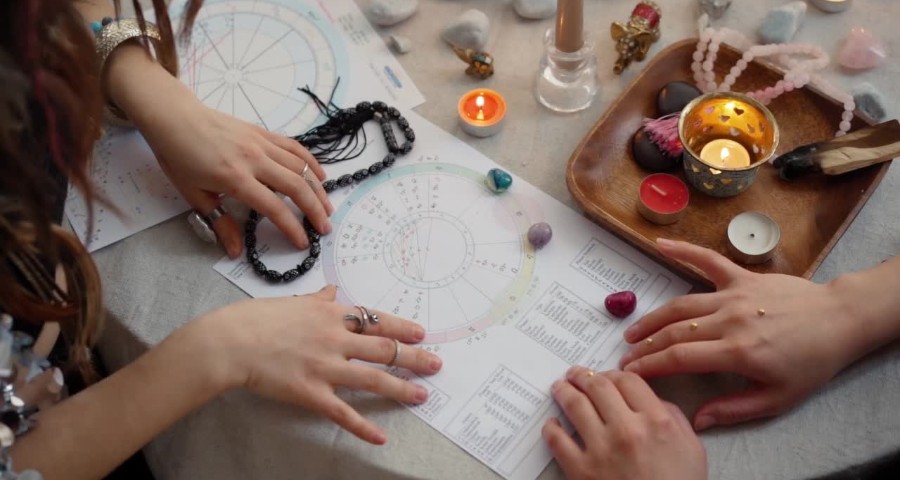
Choosing the right feng shui consultant in Singapore isn’t just about credentials on paper — it’s about finding someone who aligns with your values, understands your space, and offers practical, grounded advice rooted in experience and tradition.
To recap, the five essential qualities to look out for include:
- Formal training and credentials that show a solid foundation in classical Feng Shui principles
- Real-world experience and a track record of success with clients
- Depth of knowledge and clear methodology, tailored to your needs
- Strong communication skills and client service that make the process collaborative and easy to follow
- Professionalism and integrity, including ethical standards and transparent practices
By keeping these in mind, you’ll be far better equipped to choose a feng shui master who not only knows their craft but genuinely helps you create a space that feels aligned, balanced and supportive.
Take your time, ask the right questions, and trust your instincts — the right consultant can make a meaningful difference to your home, your work life, and your overall sense of harmony.
Have a question for us?
We welcome any question with no commitments. Master Louis Cheung will seek to clarify any doubts you may have.
“Master Louis Cheung has an approachable and comfortable personality along with competent skills. I can confidently recommend Master Louis Cheung to my friends. Thank you, Feng Shui Master Louis Cheung.”
 James H.
James H.Senior Financial Analyst
